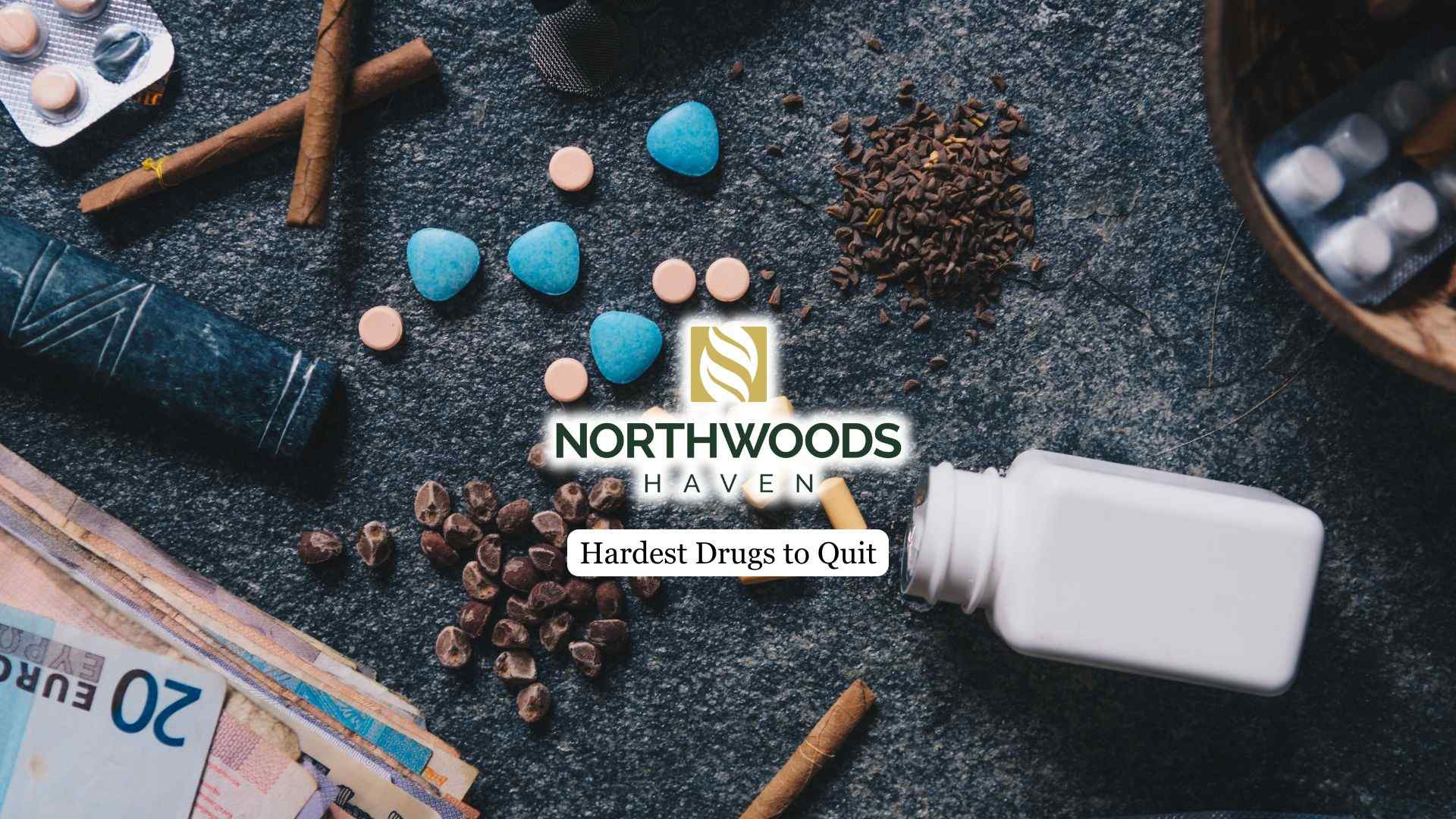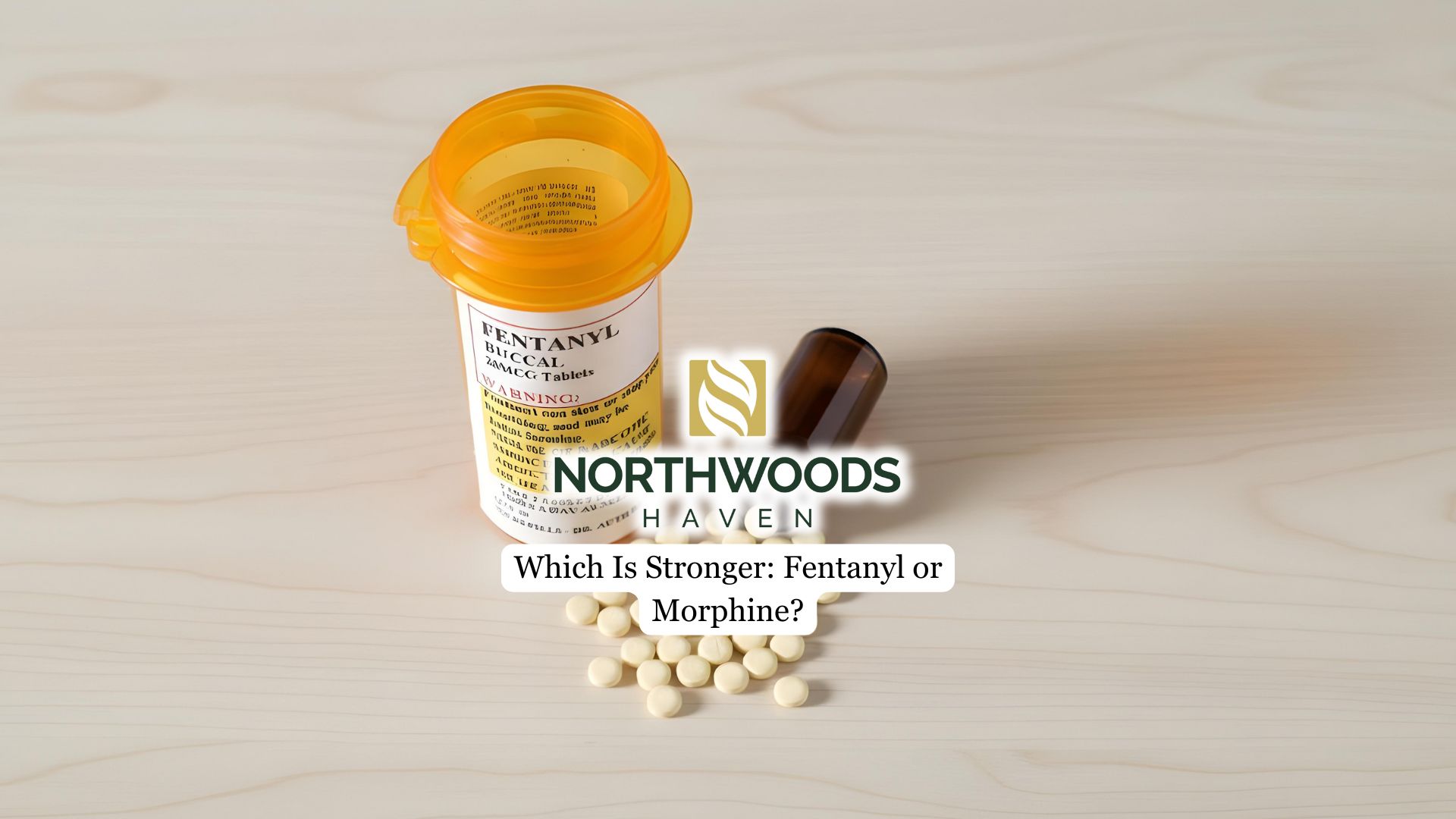Some substances cause such intense changes to the brain’s chemistry and reward system that quitting them becomes exceptionally difficult. These drugs often lead to both severe physical dependence and long-term psychological and neurological effects, making the recovery journey particularly complex and challenging.
This article explores the drugs that are hardest to quit—and why—so individuals and families can better understand the obstacles to recovery and make informed decisions about seeking effective treatment and long-term support.
Why Are Some Drugs Harder to Quit Than Others?
Certain drugs hijack the brain’s reward system more powerfully than others, rapidly increasing dopamine levels and reinforcing compulsive use. The severity and duration of withdrawal symptoms, the degree of psychological dependence, and environmental triggers all contribute to the difficulty of quitting.
For example, opioids and stimulants like methamphetamine and cocaine can produce intense euphoria, but also lead to severe withdrawal syndromes and persistent cravings that are difficult to manage without professional support.
Led by a dedicated team of addiction professionals, our intensive outpatient program (IOP) in Minneapolis, MN empowers individuals to identify high-risk thought patterns, develop effective coping strategies, and build the emotional resilience necessary for lasting recovery.
Top 7 Hardest Drugs to Quit
Heroin and Opioids
Heroin and prescription opioids are among the most difficult substances to quit due to their powerful effects on the brain’s opioid receptors, which create intense euphoria and rapid physical dependence. Withdrawal symptoms—such as agitation, insomnia, nausea, vomiting, diarrhea, and overwhelming cravings—are not only physically painful but also emotionally exhausting.
Although heroin-involved overdose deaths have declined from a peak of 15,469 in 2016 to 3,984 in 2023, the crisis remains severe. Alarmingly, 80% of these deaths in 2022 also involved illicitly manufactured fentanyl (IMF), a trend that continued through 2023. The presence of fentanyl in street heroin makes each use far riskier and withdrawal more complex. For many, medical detoxification and the use of long-acting opioid agonists are essential components of safe withdrawal and long-term recovery.
Cocaine and Crack Cocaine
Cocaine and crack cocaine are potent stimulants known for their intense but short-lived euphoria, often leading to frequent use and rapid dependence. Withdrawal symptoms—such as severe cravings, agitation, depression, and exhaustion—can linger for weeks or even months. Crack cocaine’s faster onset intensifies these cravings, making relapse a persistent risk, especially when triggered by environmental cues.
In 2023 alone, stimulant-involved overdose deaths surged, with nearly 70% also involving illicitly manufactured fentanyl (IMF). This alarming trend highlights the escalating dangers of stimulant addiction and the urgent need for effective treatment and relapse prevention.
Methamphetamine
Methamphetamine is notorious for its ability to alter brain structure and function, particularly in areas related to emotion and memory. Withdrawal symptoms include anxiety, depression, fatigue, and intense cravings that can persist for months.
Recovery often occurs in stages, with an initial “honeymoon” period followed by a “wall” of severe cravings and mood disturbances, leading to high relapse rates. Multiple attempts and professional support are typically required for successful recovery.
Benzodiazepine
Benzodiazepines such as Xanax and Valium can cause physical dependence within weeks, even when taken as prescribed. Withdrawal can be life-threatening, with risks of seizures, panic attacks, insomnia, and muscle pain.
Abrupt cessation is dangerous; a medically supervised taper is essential. Psychological dependence may persist long after physical withdrawal, necessitating ongoing therapy and support.

Alcohol Addiction
Alcohol is one of the most commonly abused substances—and also one of the most dangerous to withdraw from. Symptoms can begin within hours of the last drink and may escalate from mild anxiety and tremors to severe complications like seizures and delirium tremens (DTs), which can be fatal in untreated cases.
Prolonged alcohol use alters the brain’s reward circuitry, intensifying cravings not only for alcohol but potentially for other substances as well. Because of these risks, medically supervised detox is essential to ensure safety and stabilize both physical and mental health during early recovery.
Nicotine
Nicotine is one of the most addictive substances due to its rapid effects on the brain’s reward system. It causes a brief surge of dopamine, reinforcing repeated use despite harmful consequences.
Most smokers develop a strong dependence, and while many want to quit, fewer than 10% succeed each year without support. Withdrawal symptoms—such as irritability, anxiety, cravings, sleep disturbances, and cognitive difficulties—can begin within hours and often peak in the first few days, sometimes lasting for weeks or longer.
Environmental cues like the sight, smell, and ritual of smoking further intensify cravings and contribute to relapse. However, evidence-based treatments like nicotine replacement therapy (NRT), medications (e.g., bupropion, varenicline), and behavioral therapies significantly increase the chances of quitting successfully.
Cannabis
While cannabis withdrawal is typically less physically severe than other substances, it still poses notable challenges – especially given the rising rates of use. According to the 2023 Monitoring the Future survey, past-year cannabis use remains at historically high levels among adults aged 19 to 30 and 35 to 50.
Withdrawal symptoms may include irritability, insomnia, decreased appetite, and heightened anxiety. Psychological dependence can be especially difficult to overcome, particularly for individuals who began using cannabis during adolescence, when the brain is still developing and more vulnerable to long-term effects.
Professional Treatment Options for Drug Addiction
Professional treatment is often necessary for overcoming addiction to these substances. Medical detoxification is critical for alcohol, benzodiazepines, and opioids due to withdrawal risks.
Evidence-based therapies such as our cognitive-behavioral therapy, contingency management, and medication-assisted treatment are effective in managing cravings and supporting long-term recovery.
Aftercare programs and support groups like Alcoholics Anonymous and Narcotics Anonymous provide ongoing accountability and relapse prevention.
Final Thoughts from Northwoods Haven Recovery
Quitting drugs like heroin, methamphetamine, cocaine, alcohol, benzodiazepines, nicotine, and cannabis presents unique challenges due to their profound effects on brain chemistry and behavior. Recovery is possible, but it often requires professional treatment, medical supervision, and robust support systems.
At Northwoods Haven Recovery, we provide personalized, evidence-based outpatient addiction treatment in Minneapolis, MN tailored to the unique needs of each client. Through a combination of therapy and ongoing support, our rehab programs are designed to guide individuals through the toughest stages of recovery and toward lasting freedom from addiction.



